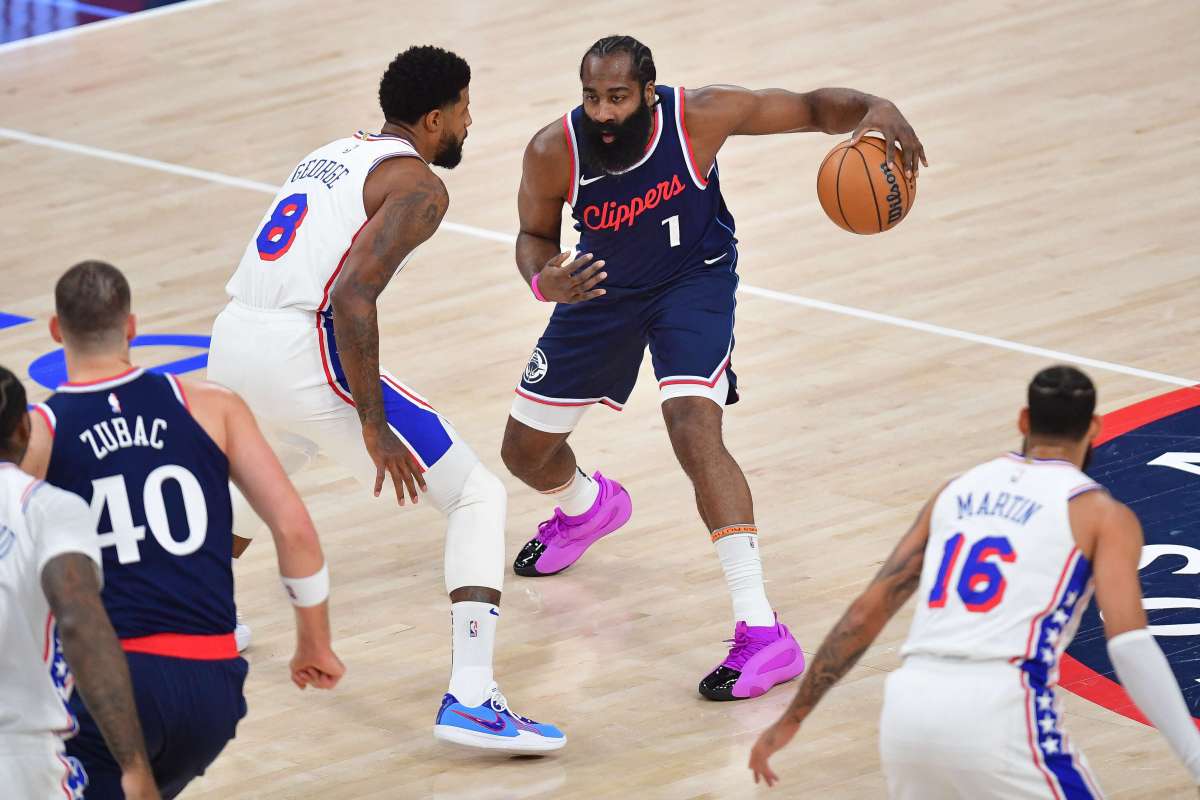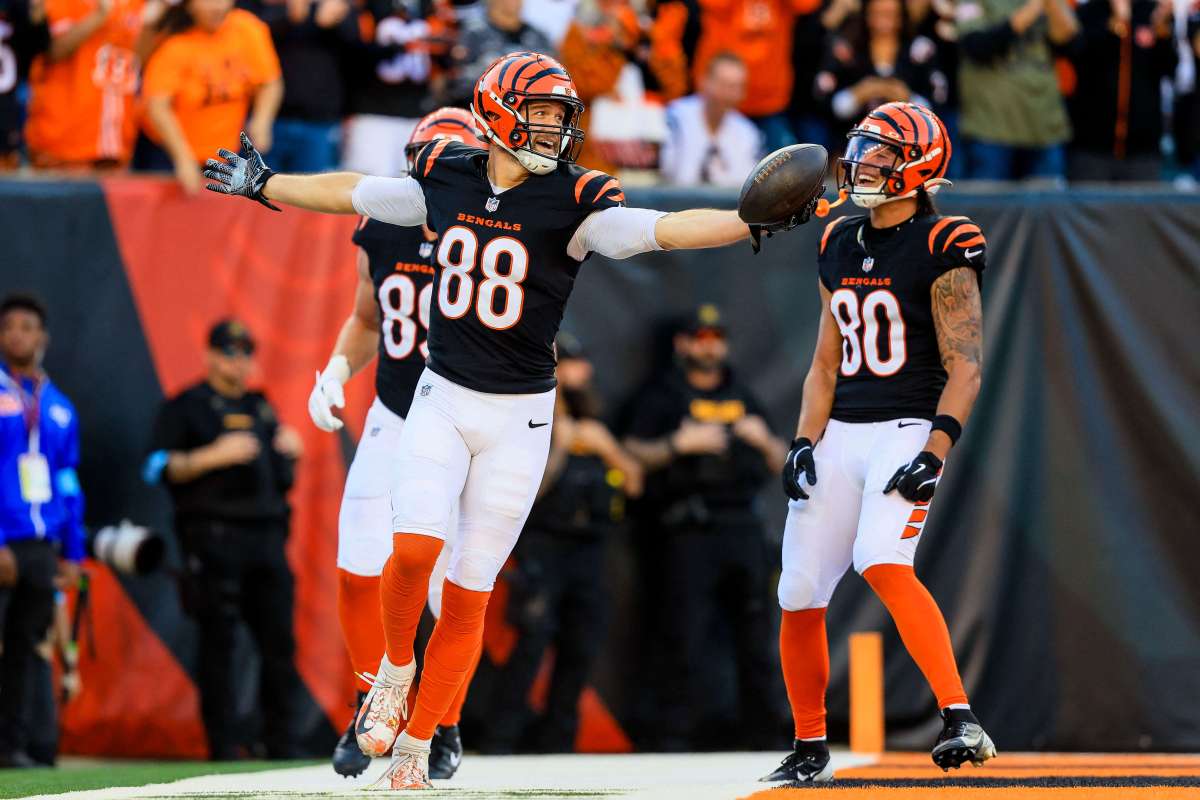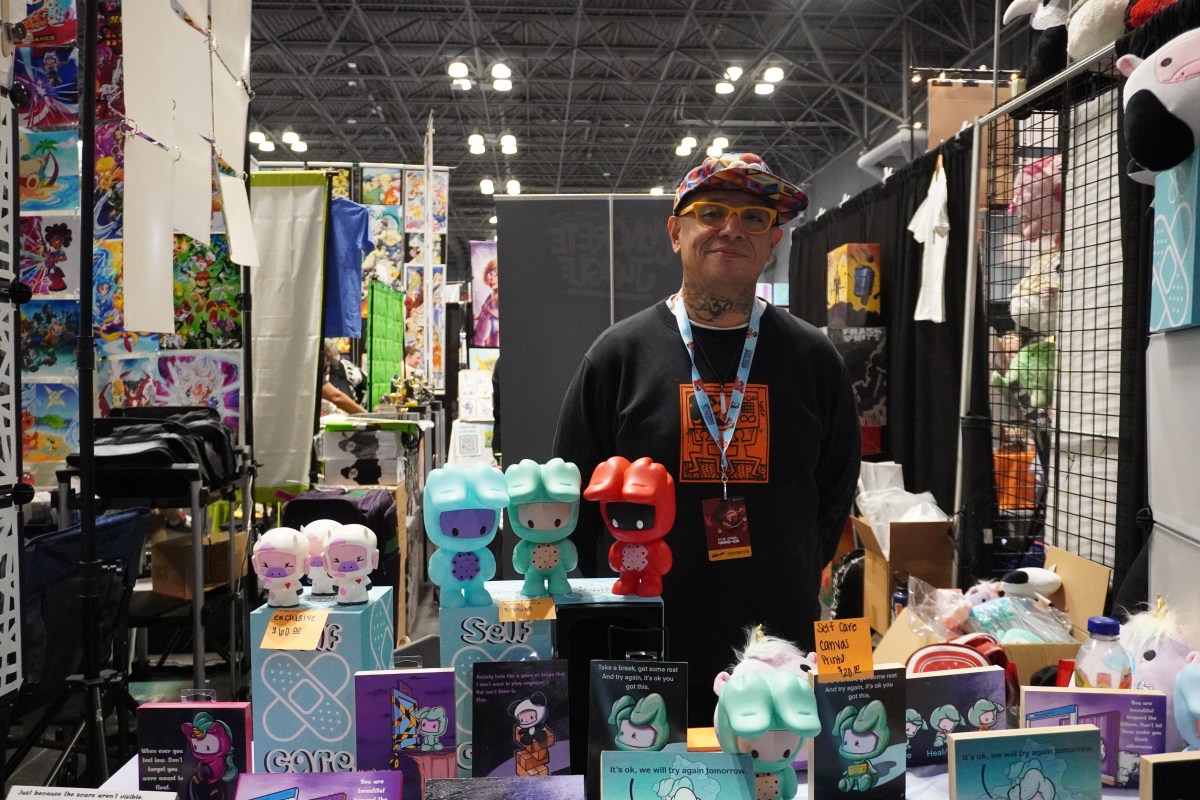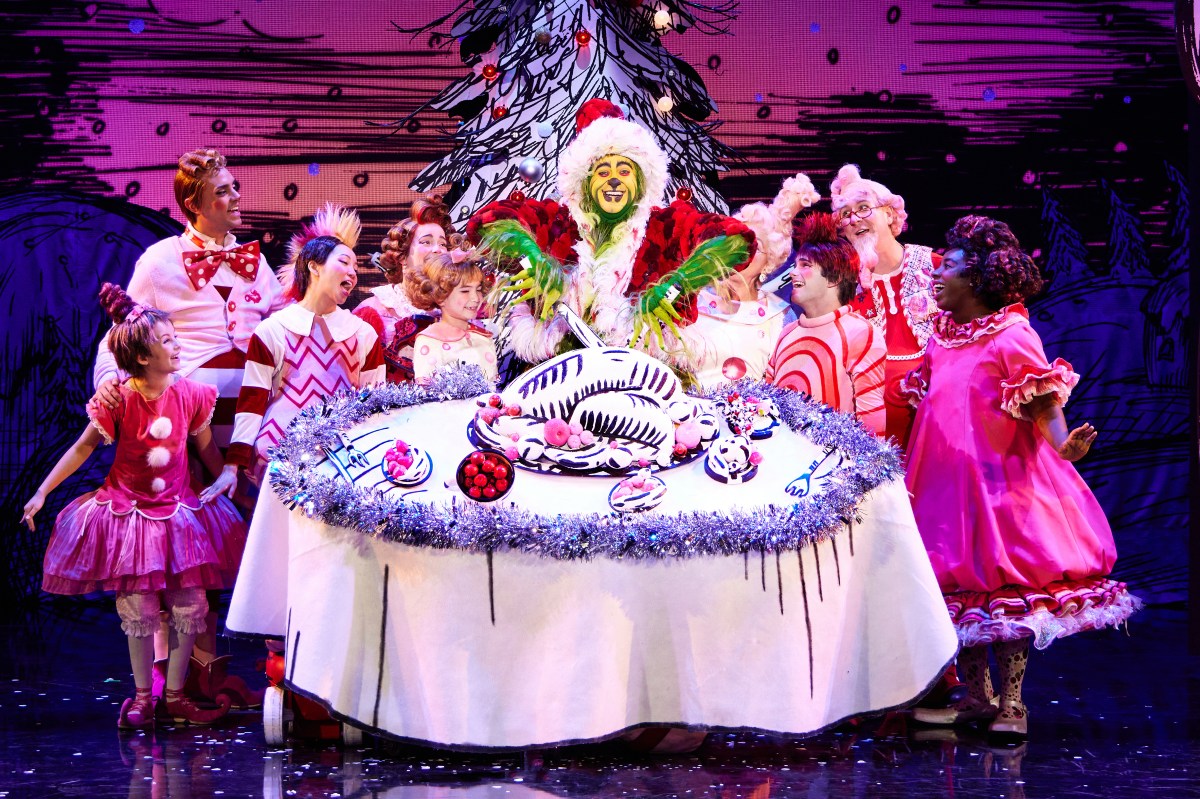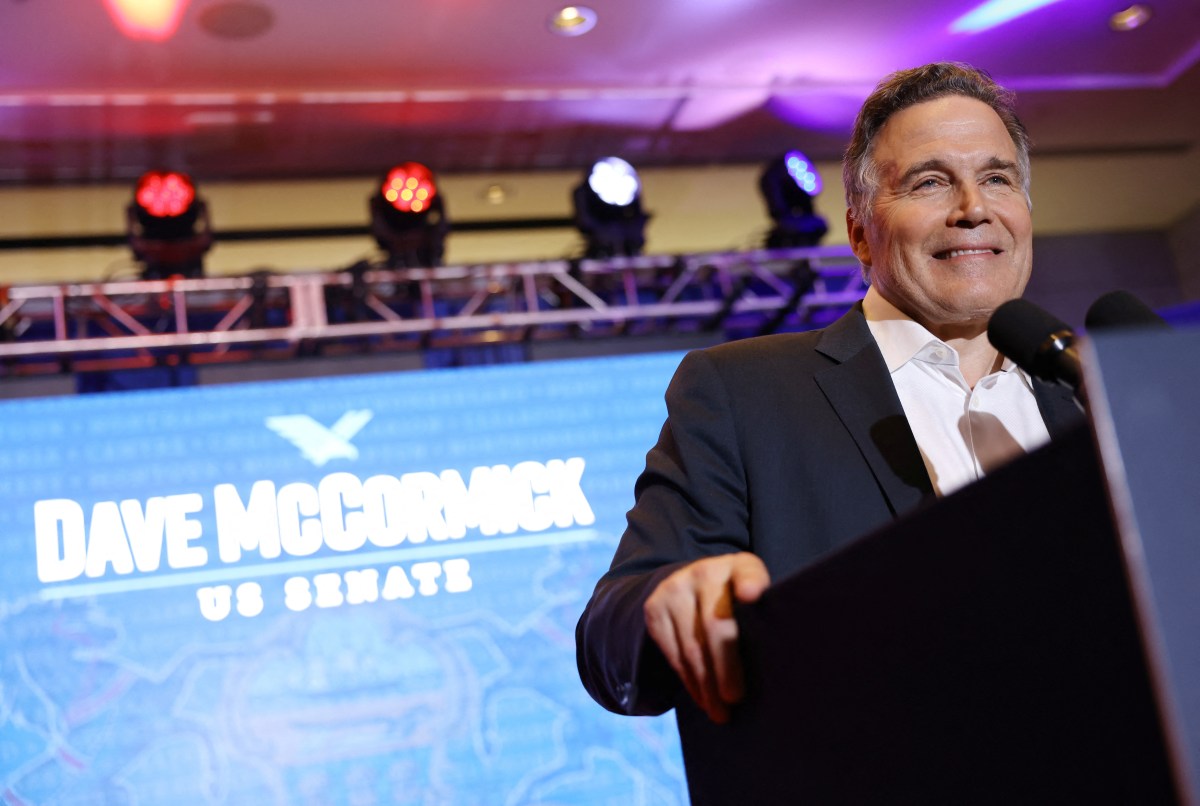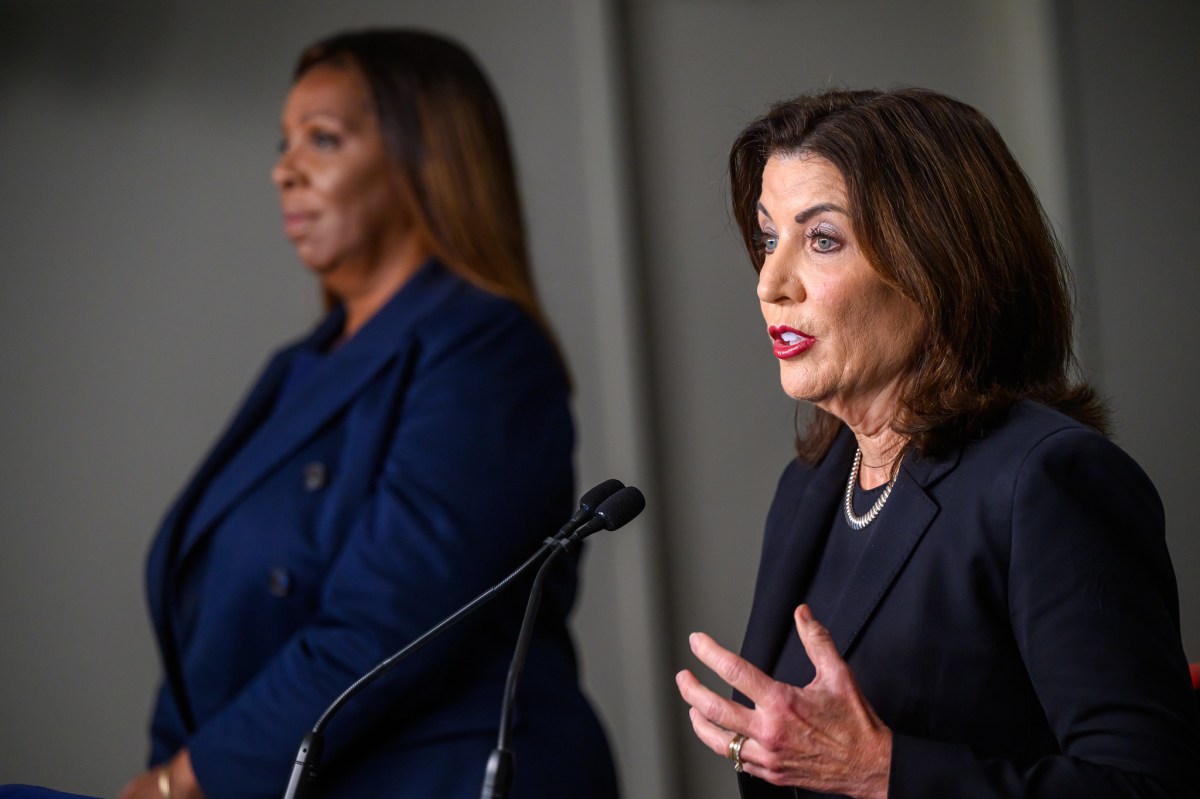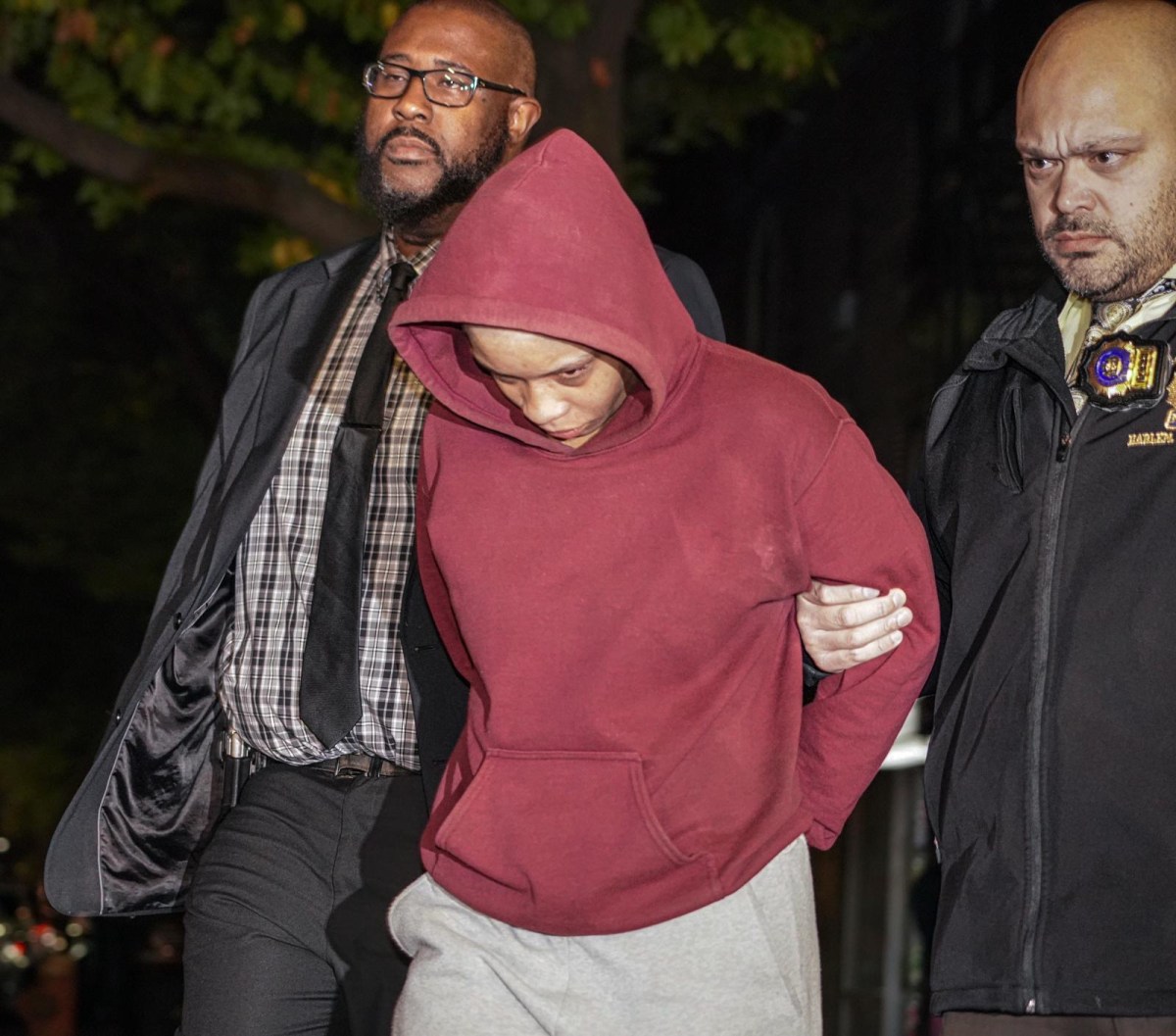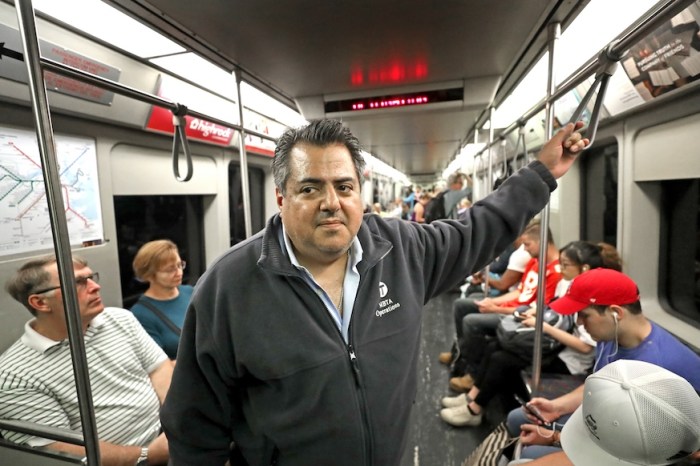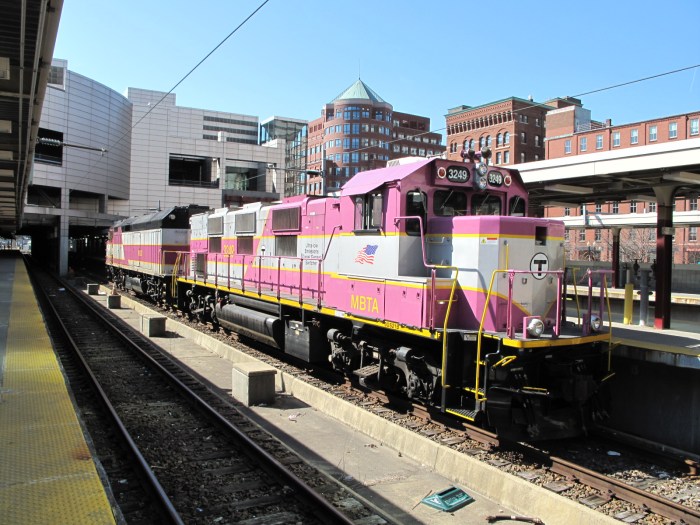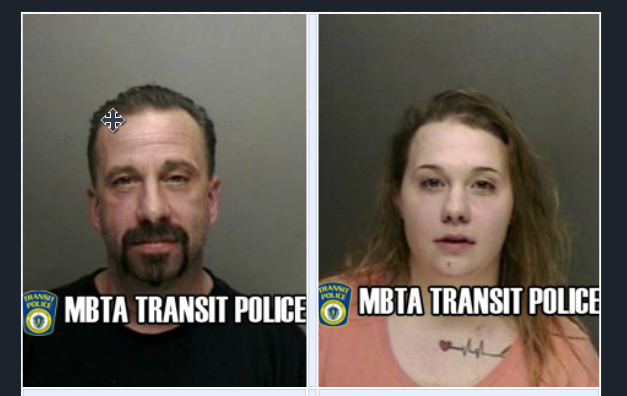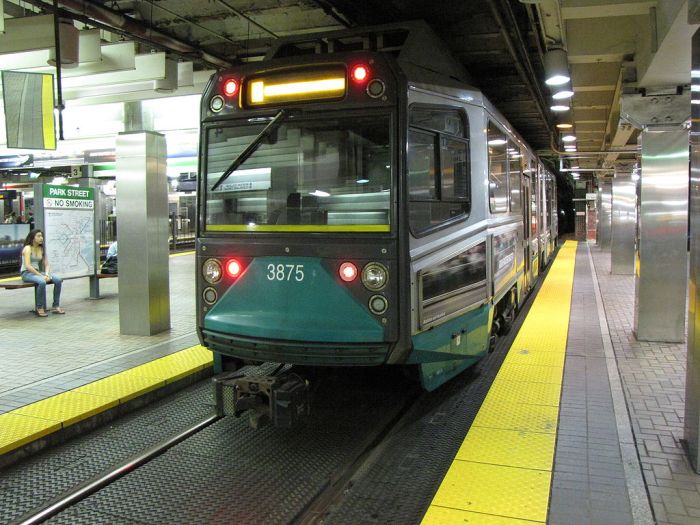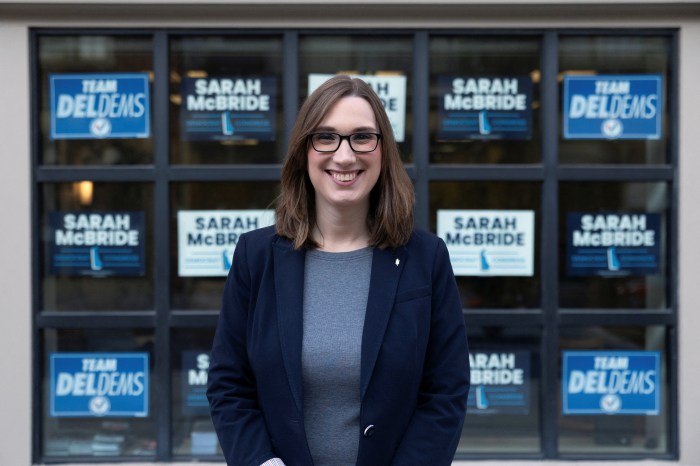Late-night service on the MBTA may finally be coming to an end.
Keeping trains and buses running until 2 a.m. on Fridays and Saturday nightsis expensive and too few people use it, agency overseers said Wednesday, suggesting the end may be nigh for the service.
“At some point we have to say the experiment was not successful and we have to make that tough call,” MBTA General Manager Frank DePaola said.
The service costs $14 million in subsidies — $13.38 per ride, compared with a $2.07-per-rider MBTA average and a $0.67 subsidy per ride on the subway, a report found.
RELATED: Boston’s late-night biz pleased with extended MBTA service The T had hoped the restaurant, hotel and entertainment industries and other employers would help subsidize the service, but those private dollars “never materialized,” DePaola said.
Also, running trains late means there is less time overnight to do maintenance, board members said. This at a time when the MBTA’s repair backlog is valued at an estimated $7 billion.
“The notion that we’re going to knock that mountain down in two-and-a-half-hour service windows seems like an impossible task,” said Steve Poftak, MBTA board member.
The board hasn’t picked a timetable for ending the program.
RELATED: T could cut Ride costs by $46 million
Joe Aiello, the board’s chairman, said he preferred to keep it running through the winter and give riders a few months’ notice before ending it, but board member Monica Tibbits-Nutt said the sooner the MBTA can nix late-night service — which she said has “failed by all means” — the better, adding that the T might need the extra overnight time this winter to clear tracks. The T may look to private ride-hailing services to see if they can provide late-night rides more cheaply, board members said, though they expressed skepticism.
“The idea of paying even less for a pilot project that has failed by all means just seems kind of silly to me,” Tibbits-Nutt said.
The MBTA began the new scheduling — with weekend trains leaving downtown stations at around 2:30, 90 minutes later than before —in March, 2014. RELATED: What went wrong with the Green Line extension?
In April, 2015, citing low ridership, the T downsized the service, rolling the last departures back 30 minutes to 2 a.m. and cutting out five late-nightbus routes. The T previously ran late-night service between 2001 and 2005, but cancelled it due to low ridership.
The Massachusetts Restaurant Association has been a supporter of the service, and has said it helps service industry workers use transit to get home and boosts sales because customers can stay out later. “There is a real benefit for employees and customers to have a safe, reliable and affordable way to get home,” MRA spokesman Stephen Clark said on Wednesday.
The association was one of five companies that helped sponsor for the service during its one-year pilot. Clark said the MRA would be open to doing so again.
MBTA late-night service in trouble
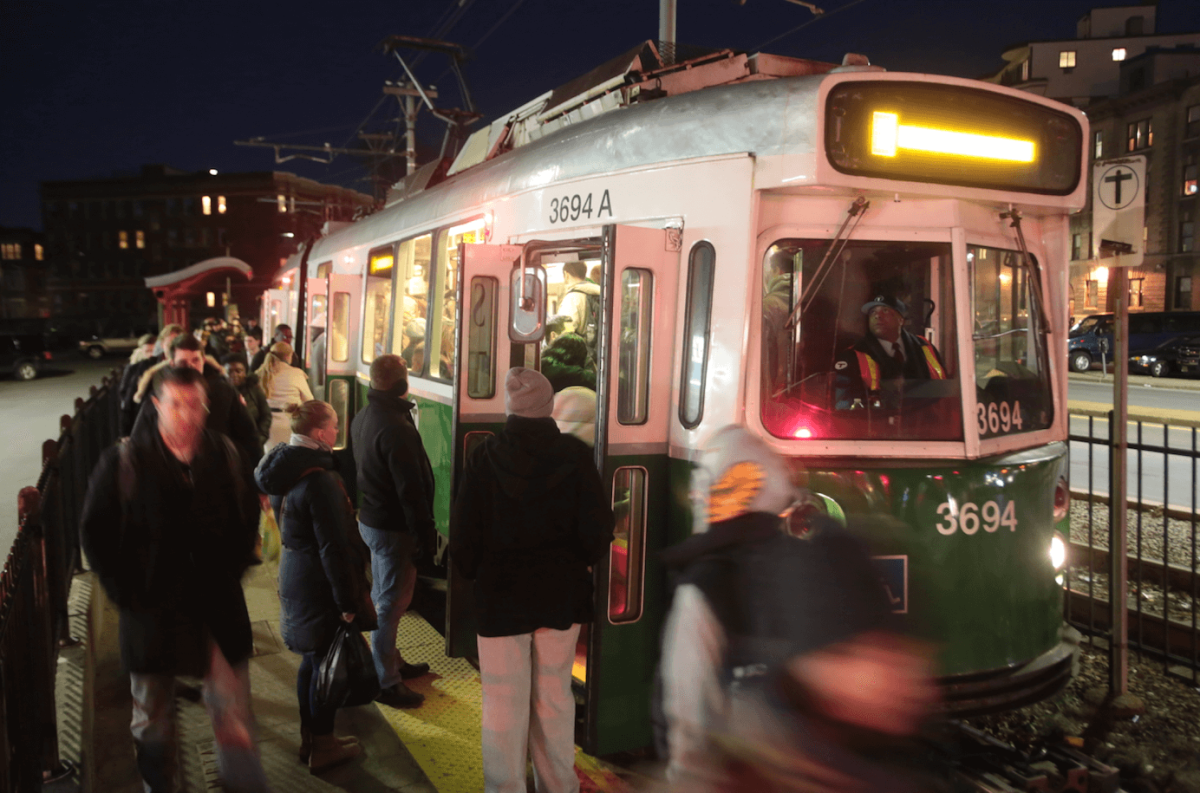
METRO FILE






